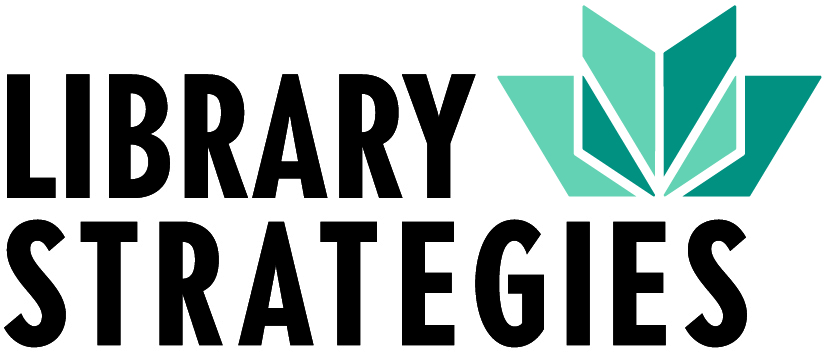The Foundation Board – More Than Your Cheerleader, Governing Body, or VIP.
While each of our consultants brings their unique lens to projects, Library Strategies’ perspective is informed by some of the grounding principles practiced within our host organization: The Friends of The Saint Paul Public Library. I spoke to three wonderful humans on The Friends’ staff for their perspectives on building a Board of Directors. More than a group who simply shows up at events, your board can be a team that guides your organization now and in the future.
Where do you start?
Delaney Peterson, Friends Administrative Coordinator, said: “It really can be a build your own adventure with our board. There are some new board members who want to jump right in, do ALL the things, tell everyone all about The Friends, etc. And there are some who come in and want to get their bearings first, ask questions, etc.” Given this, it becomes important to offer grounding in expectations.
This grounding comes from an understanding of your organization’s strategic goals, but also, as Leslie Johnson, Director of Finance & Administration, points out: “Part of a board member’s strategic responsibility is to think about the long-term health of the organization, including the sustainability of its business model and the organization’s resiliency in times of change.” To do this, transparency between the board and the organization is vital. Your board must understand: where your organization is putting its resources, raising funds, and how these important financial pieces fit in accordance with organizational values.
When Library Strategies’ Consultants speak to libraries and foundations about engaging with their foundation boards, one of the points we frequently stress is the importance of onboarding, consistency, and balancing listening with action.
About that old guard foundation board elephant in the room…
It is not exactly a secret that a foundation board might historically be a group of people gathered for their wealth and connections. When faced with a past that is exclusionary, there might be some hesitation from people that a modern nonprofit wants to engage – people from all walks of life who are engaged in their community who want your organization to succeed because they see it as a value-add for that community.
The Friends board orientation includes plenty of space to introduce a new cohort to the work, as well as each other – intentionally creating an inclusive space through extended introductions, “Board Buddies,” and social events. This provides opportunities for individual members to chat about what draws them to the work and to know each other as people, rather than representatives of various valuable constituencies.
Both Leslie Johnson and Friends President, Beth Burns, stress the importance of relationship-building between board members and between staff and board. Check-ins happen at regular intervals during a board member’s tenure, along with offerings of gratitude and recognition for committee service. We have seen that our board members really value these opportunities to connect, especially at occasions outside regular meetings. The board has established patterns of getting together socially at least quarterly, and The Friends encourage involvement in volunteer opportunities at the library and Friends-hosted events. The latter is especially crucial and helps the board see organizational values and mission in action, reinforcing the grounding provided by regular engagement in meetings and communications. Delaney Peterson points out that we often ask the board to “open doors for The Friends,” and hopefully if they have been feeling engaged and valued for their human contributions to the well-being of the organization, they do this with excitement and creativity.
